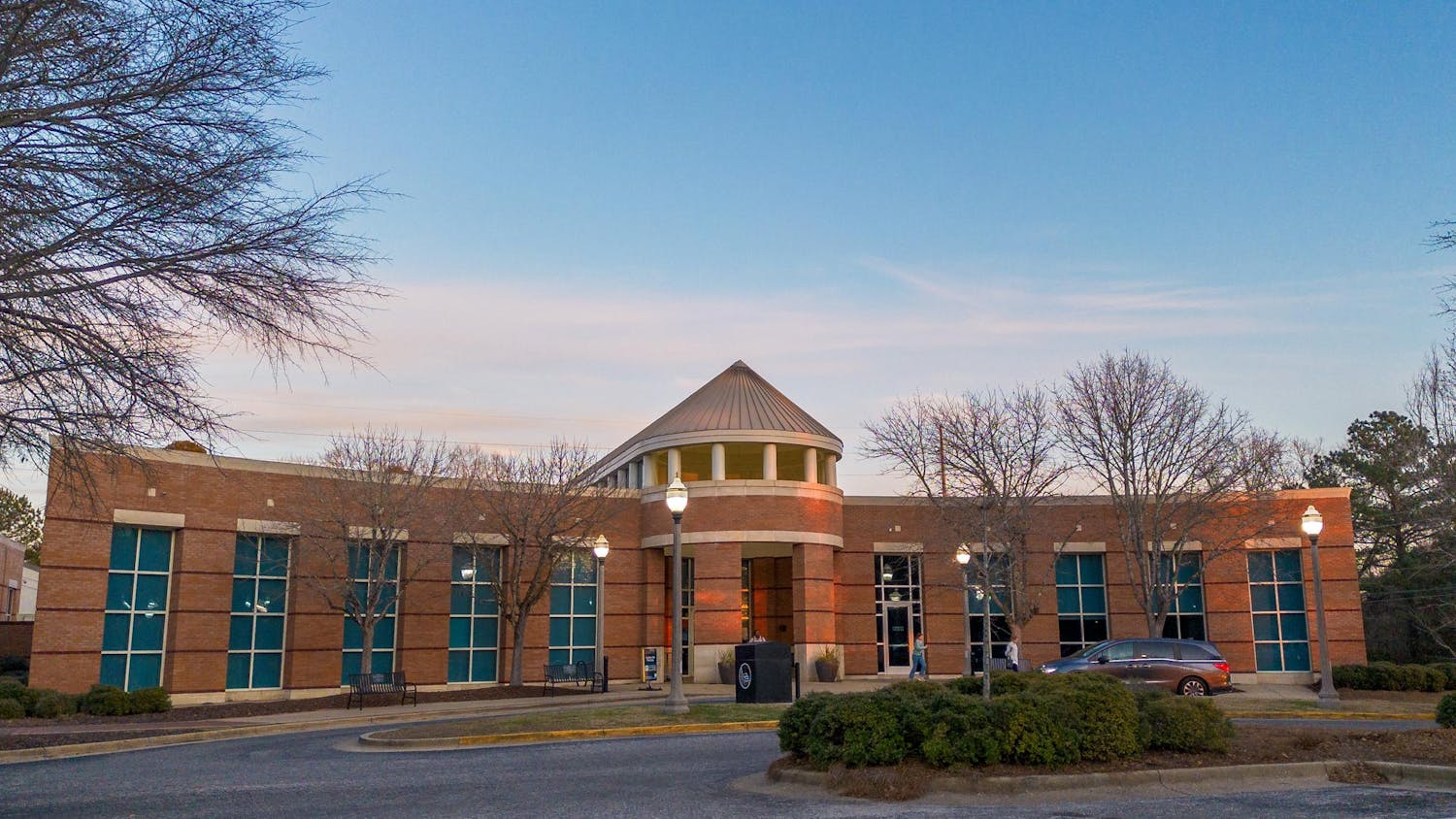One month after the government shutdown at midnight on Oct. 1, the Trump administration announced that SNAP benefits will be suspended starting Saturday, Nov. 1.
The Supplemental Nutrition Assistance Program (SNAP) is the largest federal nutrition program in the United States; its purpose is to provide food benefits to low-income families. Eligibility varies by state, but usually depends on income, household size and expenses.
SNAP benefits are paid for by the federal government through the U.S. Department of Agriculture (USDA) and Food and Nutrition Services (FNS). Due to the current government shutdown, the money needed to support SNAP will not be sent to the states.
The USDA placed the blame on the lack of congressional agreement in a statement posted on their website.
“Senate Democrats have now voted 13 times to not fund the food stamp program,” USDA said. “Bottom line, the well has run dry. At this time, there will be no benefits issued November 01.”
Existing SNAP funds on EBT cards from the month of October will still be usable for November. If the federal shutdown keeps going, however, Snap benefits for November will not be sent out.
Applications for SNAP are still available during the shutdown period if you aren’t already a recipient. Current recipients must continue meeting SNAP eligibility requirements and reporting as usual, so their benefits can be processed and available once the government reopens.
Many states are trying to allocate funds to support the one in eight Americans who rely on SNAP to afford their groceries. Since states do not usually fund SNAP, their options are limited. However, some of the steps being taken include boosting funds to food pantries or urging USDA to allow the use of contingency funds or alternative funding paths.
At this point, Alabama has not moved to provide state funding to sustain SNAP benefits during the shutdown. A letter addressed to Gov. Kay Ivey shows senate democrats urging the governor to hold a special session of the Alabama Legislature to approve emergency funding that will keep the benefits running during the shutdown.


“We should explore the use of the state’s Rainy Day Fund and other available reserves to prevent a lapse in assistance,” the letter said. “These funds exist precisely for moments like this, when the rain is falling hardest on those with the fewest resources.”
Not only will the pause of funding hurt struggling families, but it will also have an impact on Alabama’s economy. Grocery stores will experience a sharp decline in sales with the lack of SNAP recipients’ spending. This loss of revenue could result in layoffs and closures.
“What begins as a federal funding issue quickly becomes a local economic emergency,” the letter said.
Non-profit organizations like United Way of Lee County are working to help alleviate some of the stress of this abrupt pause to SNAP. With the help and commitment of volunteers from ReUnited and Ferguson Chapel CME Church, United Way has distributed 155 emergency food boxes to support the impacted families.
Tipi Miller, the Executive Director of United Way of Lee County, understands that this suspension could lead to hungry families.
“When our neighbors are facing hunger, we act,” Miller said. “The loss or delay of SNAP benefits could leave families without food on their tables. Thanks to our incredible volunteers and community partners, we're working to help make sure no one in Lee County is left behind during this critical time.”
As Washington remains polarized in a political deadlock, the effects are being felt far away from Capitol Hill. For now, Alabama families are encouraged to check with their local food banks and community organizations for aid.
Check the Alabama Department of Human Resources and the federal U.S. Department of Agriculture websites regularly to stay updated on any SNAP updates.
Do you like this story? The Plainsman doesn't accept money from tuition or student fees, and we don't charge a subscription fee. But you can donate to support The Plainsman.





